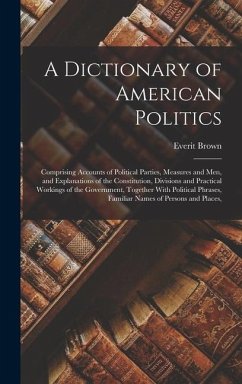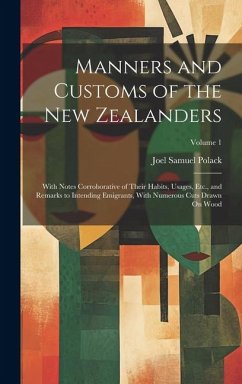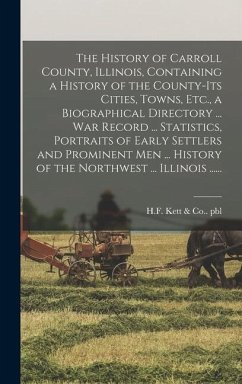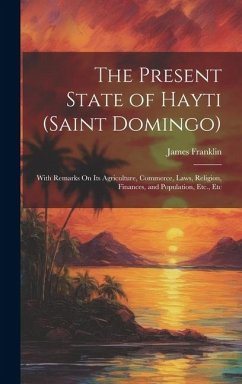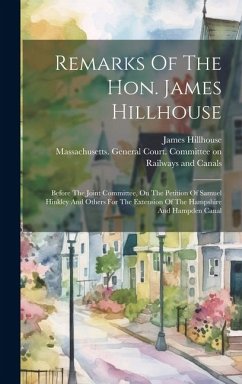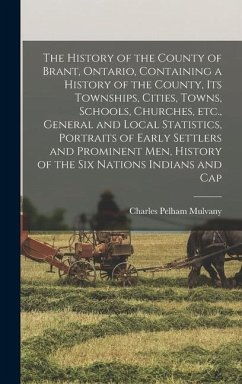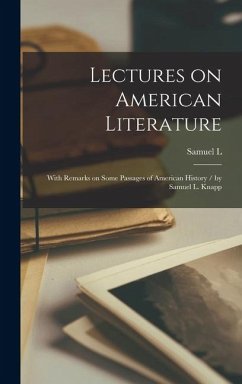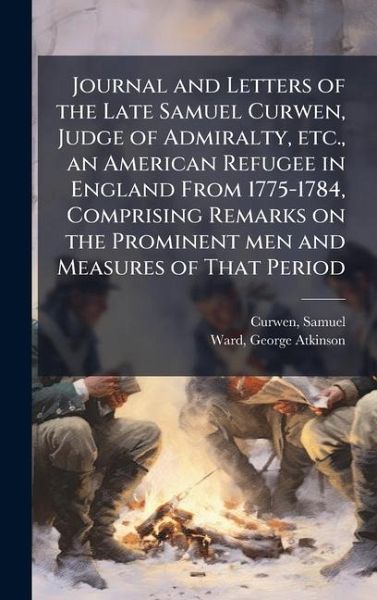
Journal and Letters of the Late Samuel Curwen, Judge of Admiralty, etc., an American Refugee in England From 1775-1784, Comprising Remarks on the Prominent men and Measures of That Period
Versandkostenfrei!
Versandfertig in über 4 Wochen
38,99 €
inkl. MwSt.
Weitere Ausgaben:

PAYBACK Punkte
19 °P sammeln!
"Journal and Letters of the Late Samuel Curwen" offers a unique perspective on the American Revolution through the eyes of a Loyalist. Samuel Curwen, a Judge of Admiralty, meticulously documented his experiences as an American refugee in England from 1775 to 1784. This compilation, enhanced by biographical notices of fellow American Loyalists, provides invaluable insights into the lives and perspectives of those who remained loyal to the British Crown during this tumultuous period. Curwen's journal entries and letters offer remarks on the prominent men and measures of the era. This collection ...
"Journal and Letters of the Late Samuel Curwen" offers a unique perspective on the American Revolution through the eyes of a Loyalist. Samuel Curwen, a Judge of Admiralty, meticulously documented his experiences as an American refugee in England from 1775 to 1784. This compilation, enhanced by biographical notices of fellow American Loyalists, provides invaluable insights into the lives and perspectives of those who remained loyal to the British Crown during this tumultuous period. Curwen's journal entries and letters offer remarks on the prominent men and measures of the era. This collection is an invaluable resource for historians and anyone interested in a comprehensive understanding of the American Revolution and its impact on individuals and societies. Discover the story of the American Revolution from a different angle. This work has been selected by scholars as being culturally important, and is part of the knowledge base of civilization as we know it. This work was reproduced from the original artifact, and remains as true to the original work as possible. Therefore, you will see the original copyright references, library stamps (as most of these works have been housed in our most important libraries around the world), and other notations in the work. This work is in the public domain in the United States of America, and possibly other nations. Within the United States, you may freely copy and distribute this work, as no entity (individual or corporate) has a copyright on the body of the work. As a reproduction of a historical artifact, this work may contain missing or blurred pages, poor pictures, errant marks, etc. Scholars believe, and we concur, that this work is important enough to be preserved, reproduced, and made generally available to the public. We appreciate your support of the preservation process, and thank you for being an important part of keeping this knowledge alive and relevant.



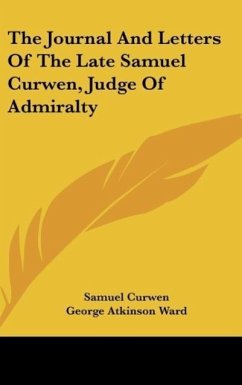
![The British West India Colonies In Connection With Slavery, Emancipation, Etc., By A Resident In The West Indies For Thirteen Years [-campbell] With An Intr. And Remarks By A Late Stipendiary Magistrate In Jamaica [s. Bourne] Cover The British West India Colonies In Connection With Slavery, Emancipation, Etc., By A Resident In The West Indies For Thirteen Years [-campbell] With An Intr. And Remarks By A Late Stipendiary Magistrate In Jamaica [s. Bourne]](https://bilder.buecher.de/produkte/68/68661/68661019n.jpg)
